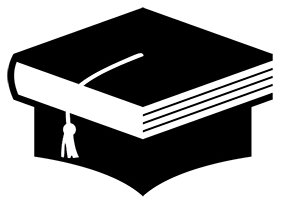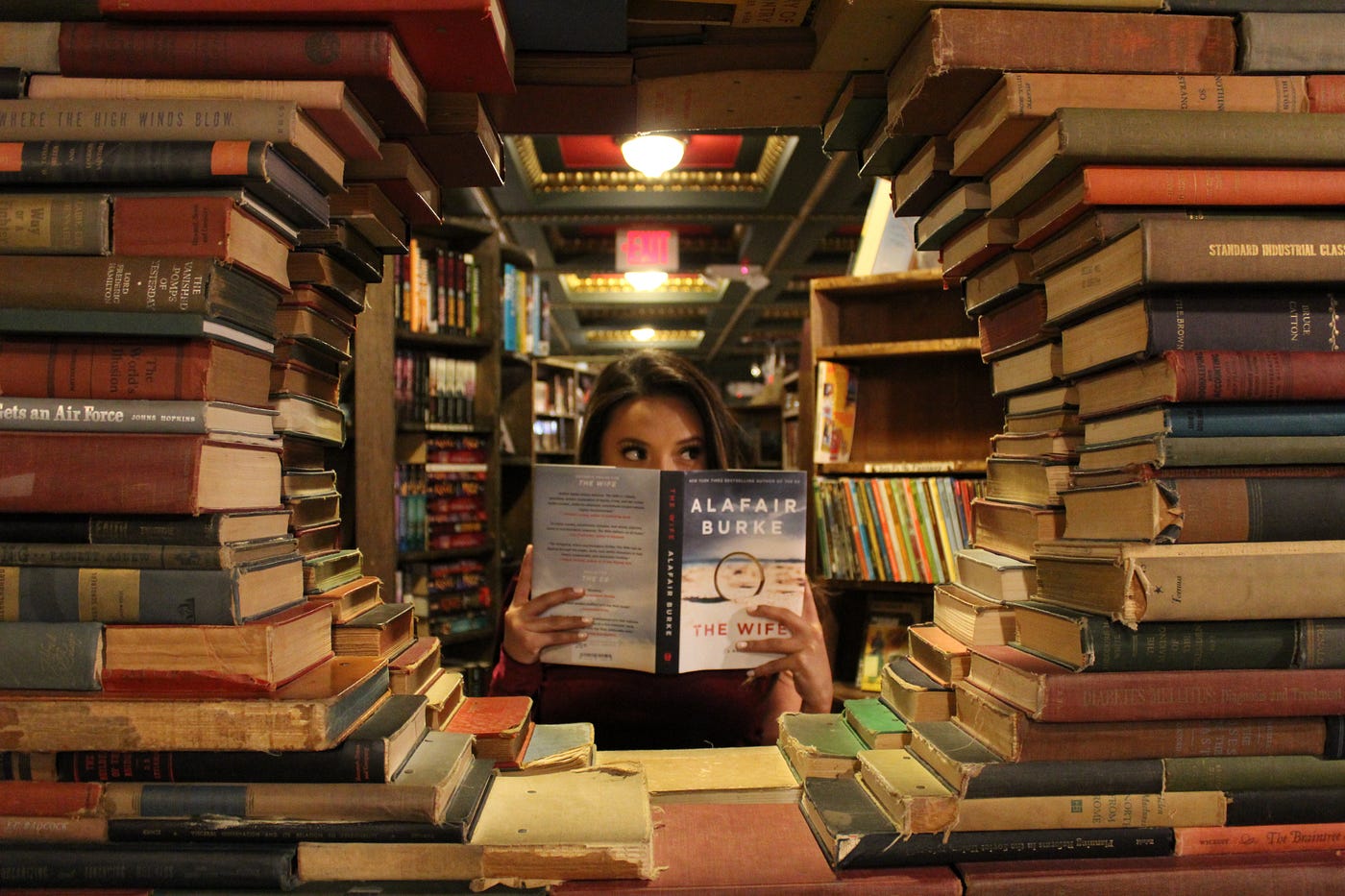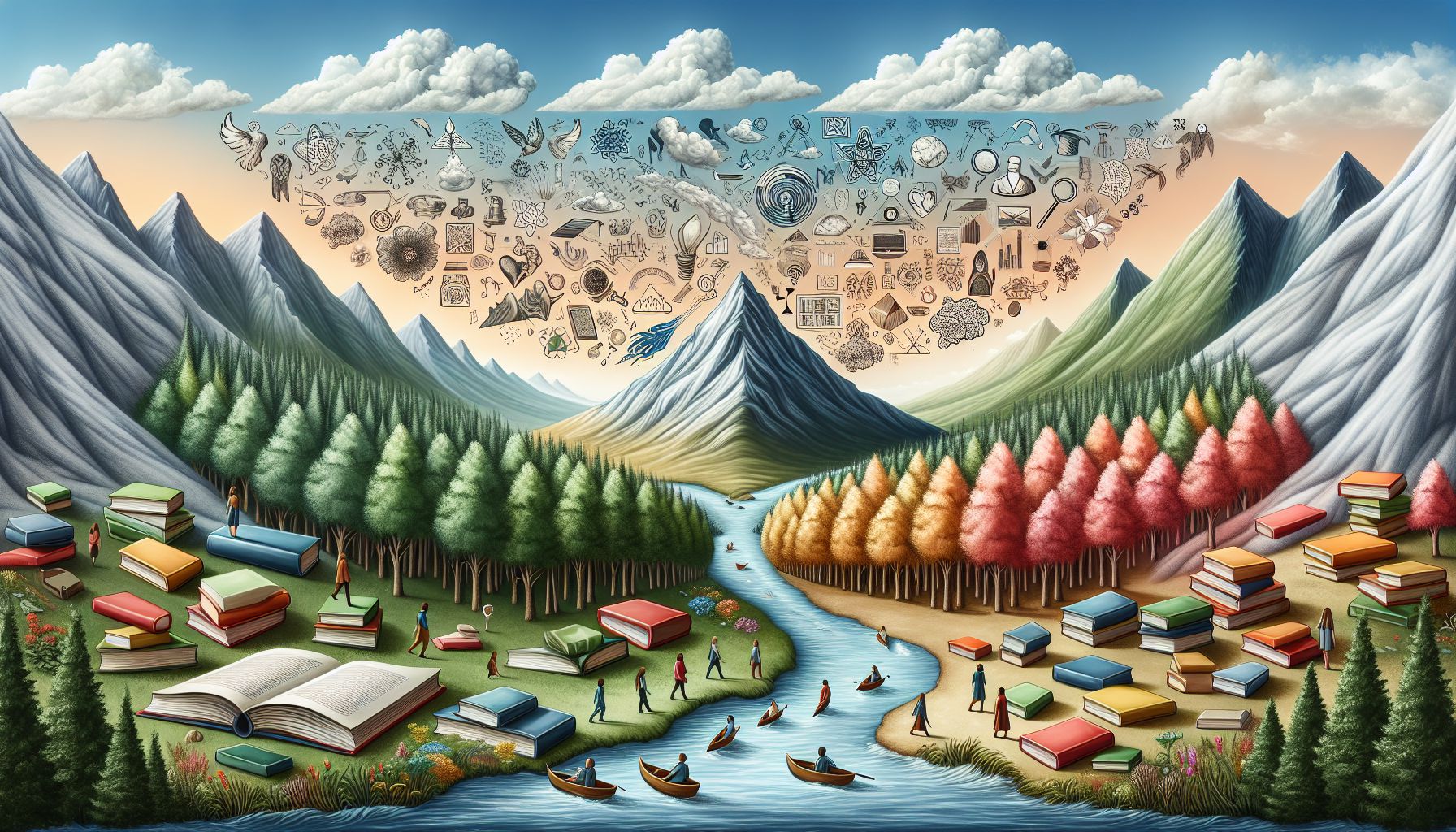In a world brimming with technological advancements and rapidly evolving educational systems, there is one timeless companion that continues to shape minds and cultures alike – books. The written word has long served as a gateway to knowledge, imagination, and personal growth. Embarking on a literary journey allows both avid readers and eager learners to delve into a realm filled with enriching experiences and profound insights.
The Depth and Diversity of Book Genres
One of the most striking aspects of literature is its immense diversity. A bookshelf opens up an endless array of choices, from classic tales that have withstood the test of time to contemporary works that offer fresh perspectives. Each genre presents a unique opportunity to explore different realms of human experience.
Works of fiction allow readers to step into the shoes of characters and go on incredible adventures, fostering empathy and understanding. Science fiction and fantasy open up doors to imaginative worlds that challenge our notions of reality and inspire endless possibilities. Historical fiction breathes life into past events, providing a glimpse into worlds long gone. Meanwhile, non-fiction serves as a wellspring of knowledge, shedding light on scientific discoveries, biographies of great minds, and socio-political analyses.
Beyond these traditional genres, the rise of cross-genre literature has further enriched the literary landscape. Writers now seamlessly blend elements of mystery, romance, horror, and more, fostering a hybrid literary sphere that defies categorization. This diversity ensures that there is a book for every reader, catering to individual tastes and preferences.
Education Reimagined: Nurturing Intellectual Growth
The educational landscape is evolving at an unprecedented pace, with technology transforming the way knowledge is imparted. However, even amidst this revolution, books remain an essential ingredient in the recipe for educational success.
The beauty of books lies in their ability to incite critical thinking and spark curiosity. They encourage readers to think beyond the world they know by transcending time, space, and cultural boundaries. Moreover, books offer an escape from the constant distractions of the digital age, allowing for deep reflection and uninterrupted learning.
Integrating literature into the classroom serves as a catalyst for intellectual growth, equipping students with invaluable skills. By exploring different genres, students develop empathy, creativity, and a well-rounded worldview that enables them to navigate an increasingly interconnected society.
The Future of Education: A Reflective Journey
As we stand at the crossroads of the literary world and the technological revolution, the future of education holds great promise. Book clubs, literary discussions, and writing workshops foster a sense of community and create spaces for vibrant discussions.
Moreover, technology can further enhance the reading experience. E-books and audiobooks offer accessibility and convenience, enabling more individuals to engage with literature. Virtual reality and augmented reality applications can immerse readers in the worlds they explore, bringing fiction to life in ways previously unimaginable.
Yet, while technology can enhance the reading experience, it must not replace the written word. The tactile sensation of holding a book, the intoxicating smell of the pages, and the physical act of flipping through each chapter contribute to the unique charm of the reading experience.
In conclusion, literature has always been a cornerstone of education, offering a window into worlds both real and imagined. Its depth and diversity offer endless pathways for personal growth and intellectual discovery. As the future unfolds, the transformative power of books, coupled with technological advancements, will continue to shape education, fostering a love for reading that transcends time and space. So, let us embark on a literary revolution and unleash the transformative capabilities of books, as we navigate through the uncharted waters of the modern educational landscape.



